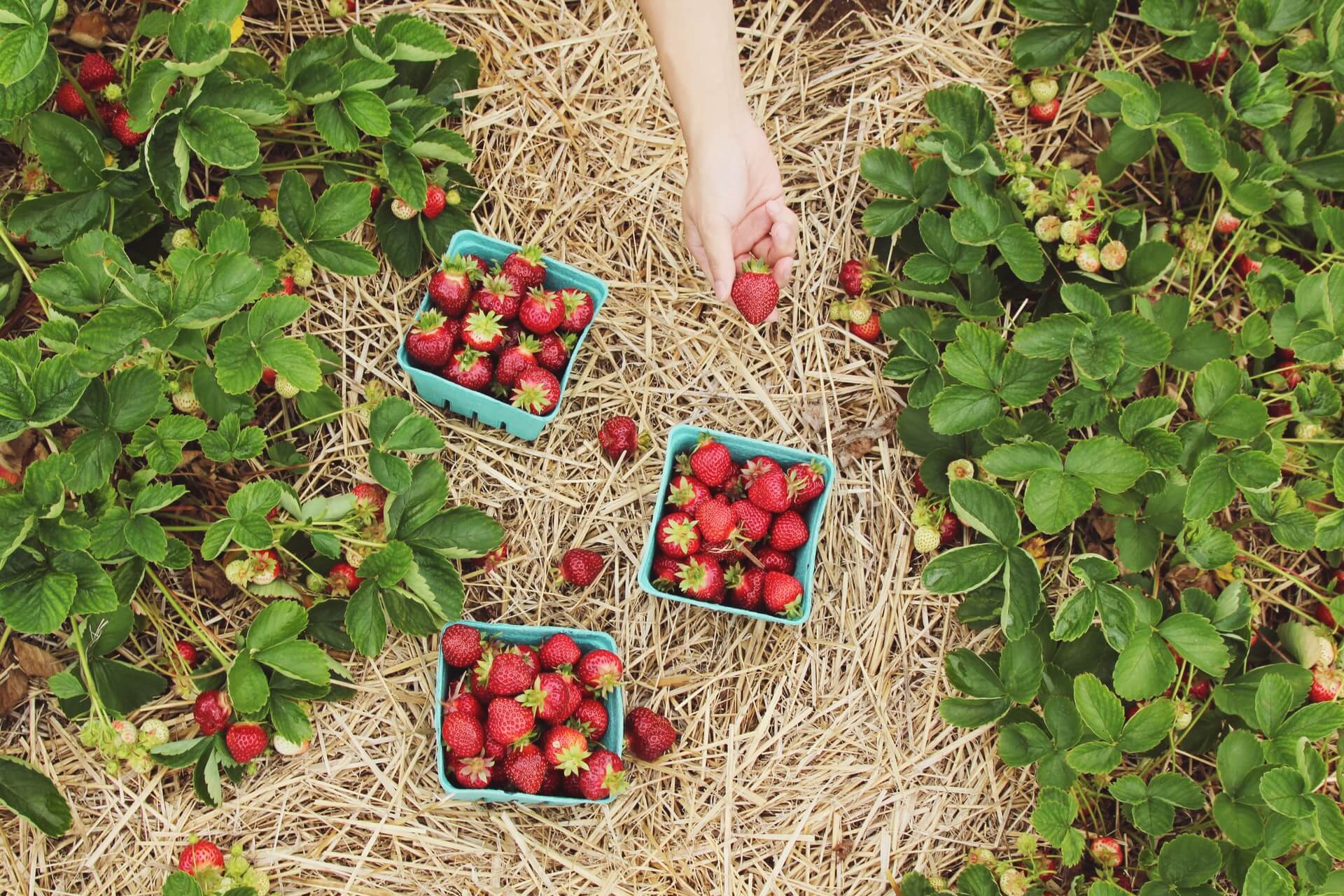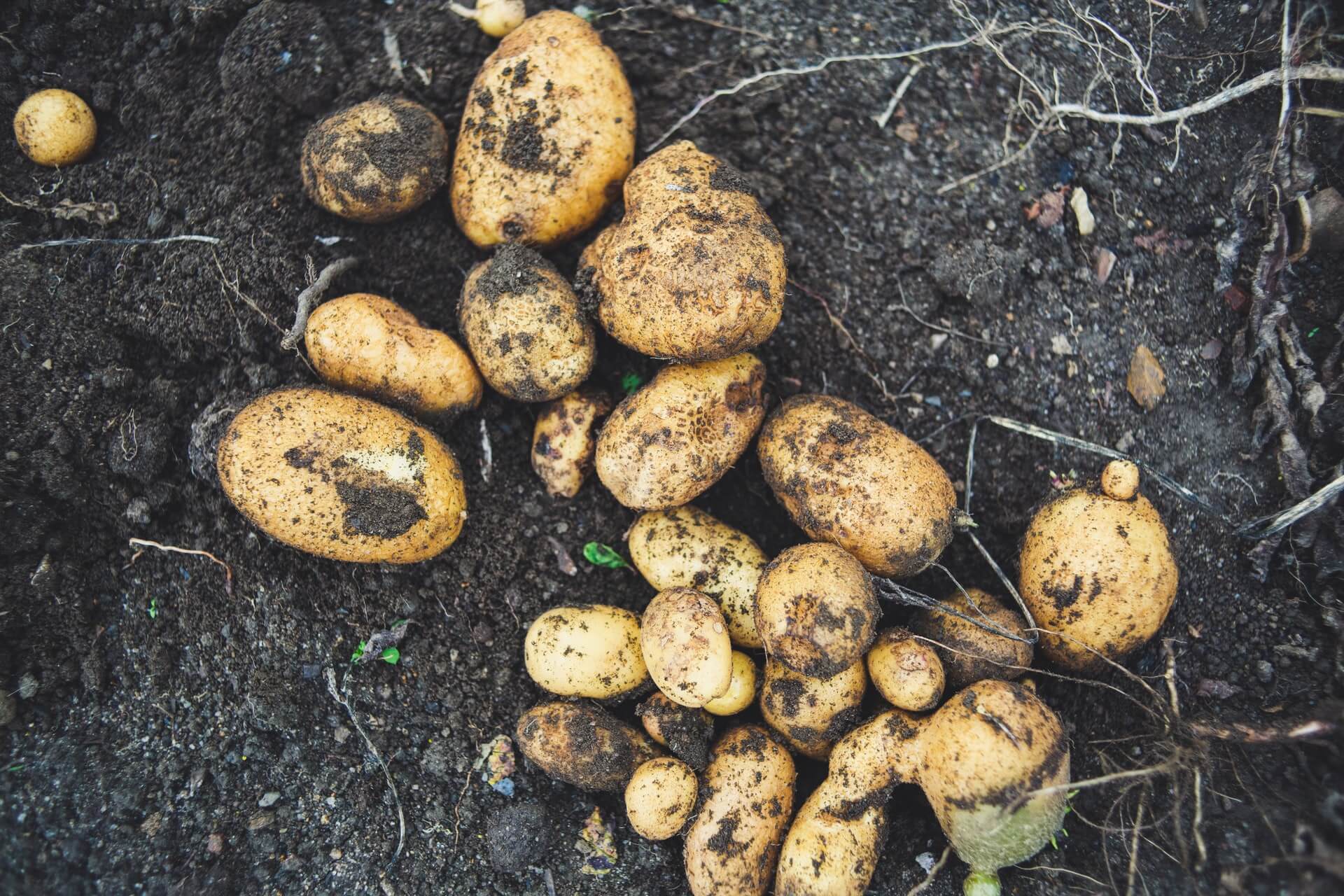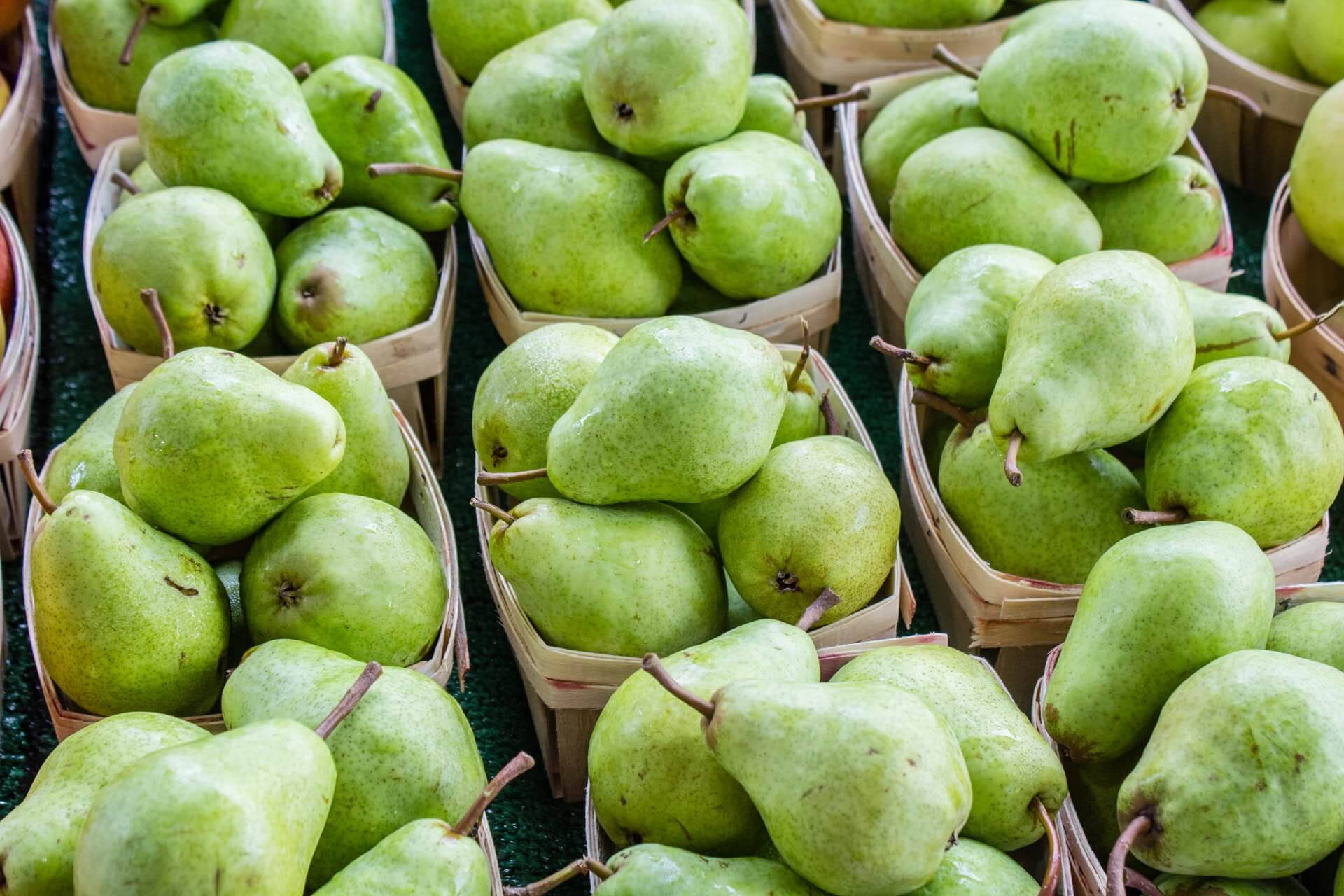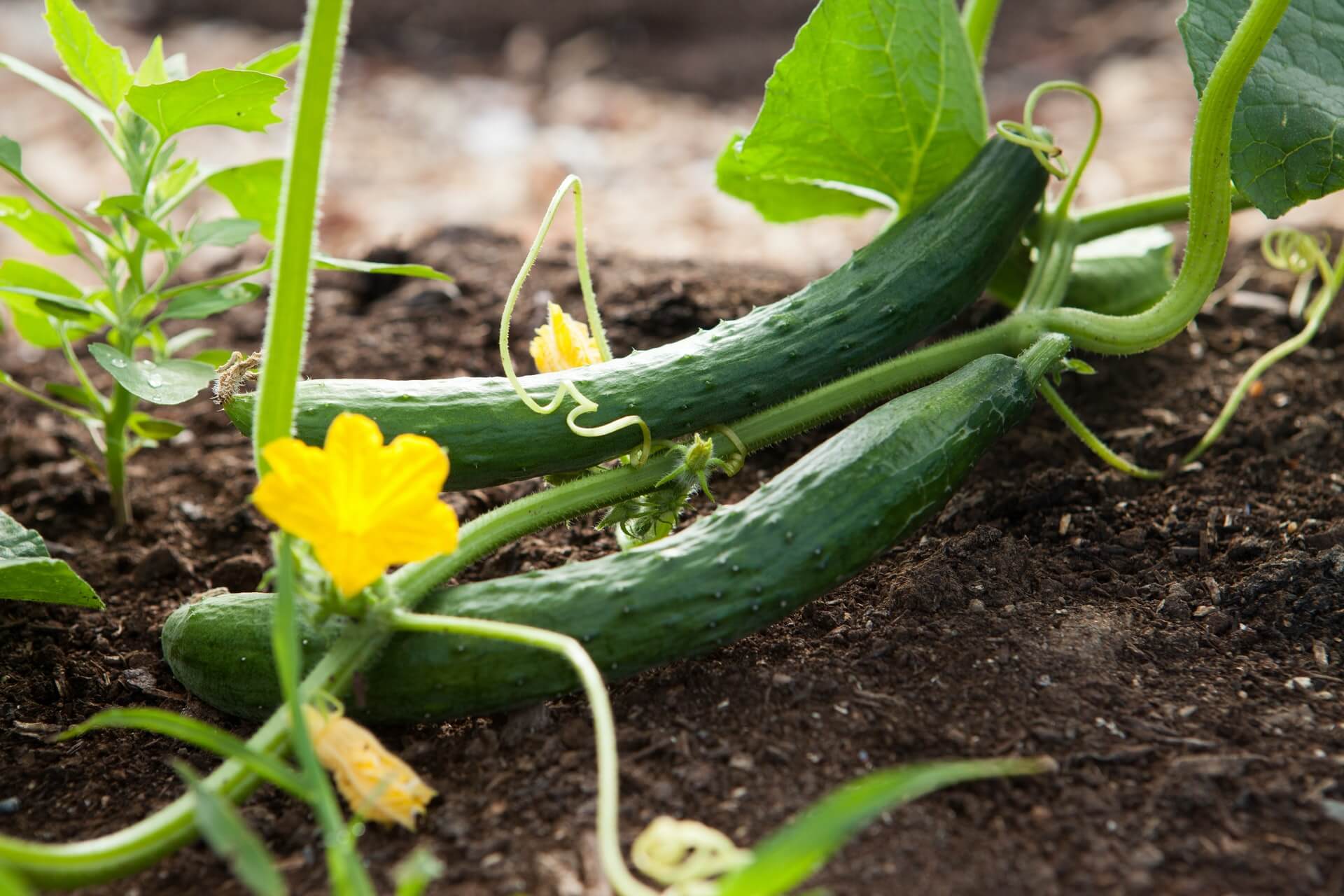Recognizing the need for public-private collaborative efforts, the Government of Antigua and Barbuda made the development of the aquaponics sector a priority, and sought technical assistance to grow and advance the sector from FAO. FAO responded through the Blue Revolution Project, which supports the sustainable development and management of aquaculture, enabling Antigua and Barbuda to further develop the Indies Greens aquaponics farm (a private sector entity), while also producing training materials for future training efforts, both local and regional.
A third of Rwandans are aged between 15 and 34, and youth employment is a critical policy issue that directly affects national food security.
Mary Doe
Recognizing this, the Government of Rwanda engaged FAO in a technical partnership that has boosted skills and improved networks for the next generation of Rwanda’s agricultural entrepreneurs.
The Forum has helped change young people’s mindsets about agriculture, with many young people seeing that the sector has had technological advances since their parents began farming, and is now a real business opportunity. The Forum could be replicated in countries wanting to engage more young people in the agriculture sector.
Bringing the Youth Forum to life
Today, the Forum offers its members connection to a well-organised network of other young agricultural entrepreneurs, business development support, mentoring and coaching, and access to global opportunities designed for youth in agribusiness.
The TCP project built upon the technical implementations in Rwanda, in conjunction with MINARGI. The ability of FAO to build upon capacity developed in the field through more complex and integrated networks ensures that the knowledge shared and built will be carried forward to the next generation of youth in agriculture.
As a result of these efforts, Rwanda was presented with the FAO Edouard Saouma Award in 2018 in recognition of the exceptional approach to tackling youth unemployment and the challenges faced by youth in agriculture. The Award is presented by FAO to a national or regional institution that has implemented with particular efficiency a project funded by FAO’s Technical Cooperation Programme.
Replicating success
Rwanda’s Ministry of Agriculture and Animal Resources was an ideal partner for this successful project. Such partnerships are fundamental to the achievement of the 2030 Agenda for Sustainable Development, and, more specifically, to boost youth employment in rural areas.
Other countries could replicate such success through the creation of similar government-led integrated networks which provide youth with the opportunity to both access training and learn from their peers. Key ingredients for sustained success include governments actively engaging youth as a partner in sustainable development, as well as technical assistance, policy support, and resource mobilization to support the programme, and keeping capacity building relevant to current needs.








